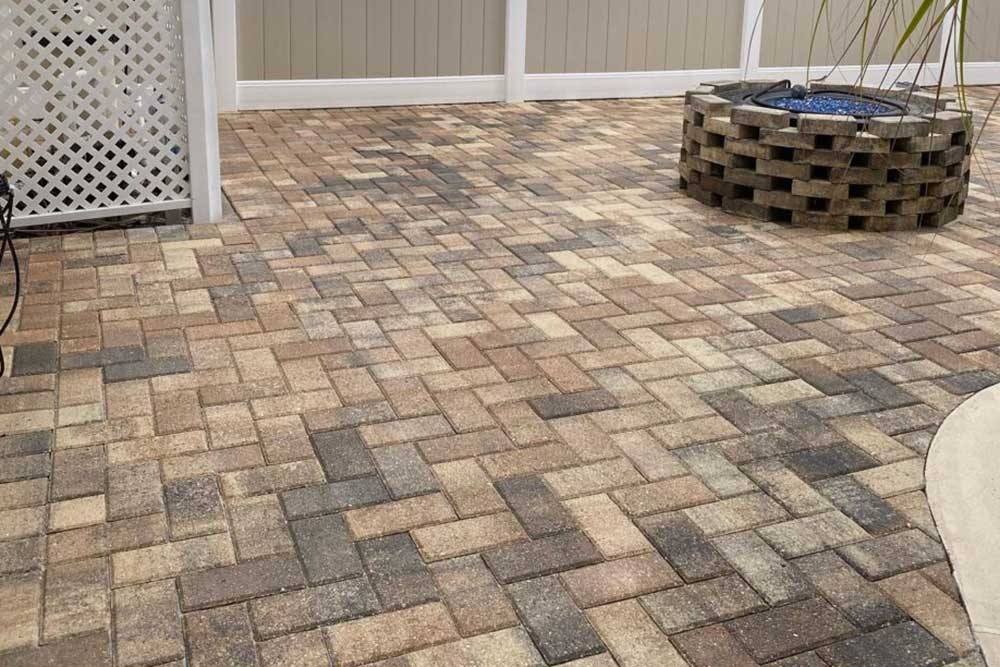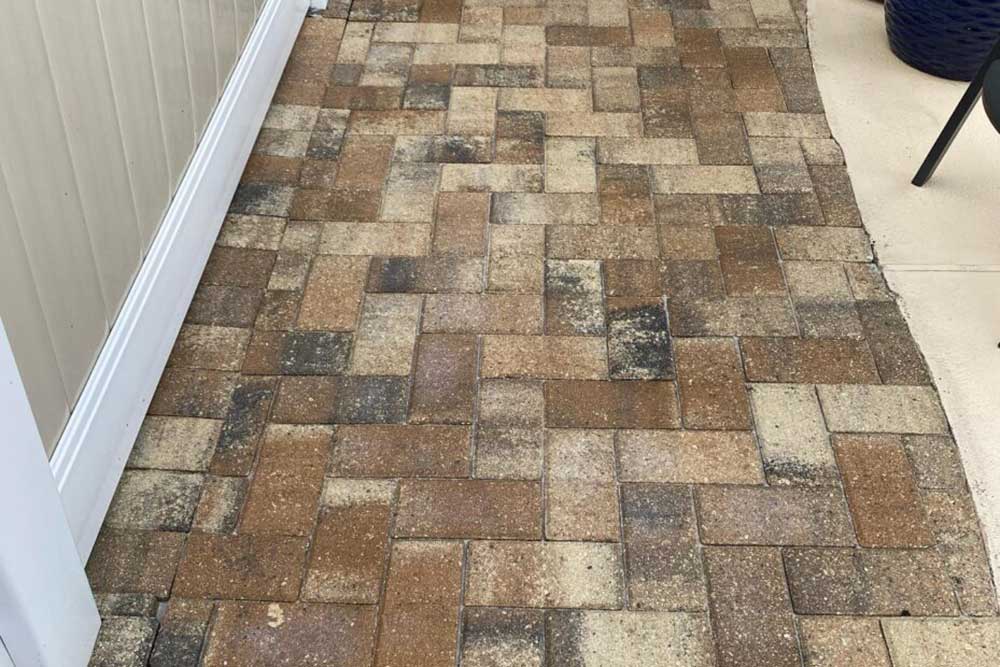Paver Sealing and Cleaning Company Sarasota FL
Hire the Best Paver and Sealing Cleaning Company in Sarasota FL Why Paver Sealing and Cleaning Is Important for Quality Home Maintenance Sarasota, FL- If… Read More »Paver Sealing and Cleaning Company Sarasota FL





